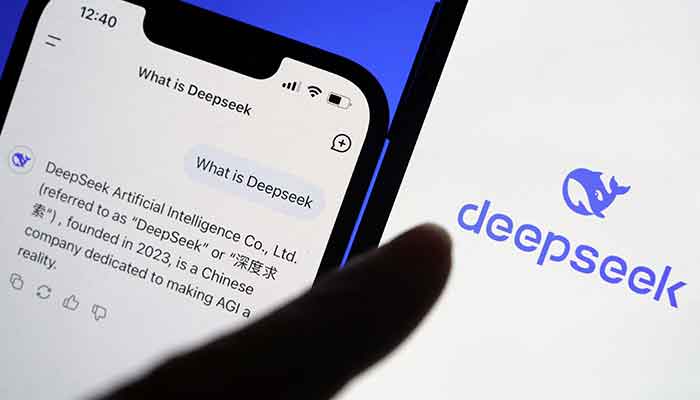Move comes after Chinese AI startup did not respond to data watchdog request about how it manages user information
South Korea Blocks DeepSeek Over Data Privacy Concerns
SEOUL – South Korean ministries and law enforcement agencies announced Thursday that they are blocking access to DeepSeek on government work computers. The move comes after the Chinese AI startup failed to respond to a request from the country’s data watchdog regarding its handling of user information.
DeepSeek made headlines last month with the launch of its R1 chatbot, boasting capabilities that rival top U.S. artificial intelligence leaders—at just a fraction of the cost. The company’s rapid rise has sent shockwaves through the global AI industry, but concerns over data privacy have now put it under scrutiny in South Korea.
SEOUL – South Korea, along with countries like France and Italy, has raised concerns over DeepSeek’s data practices, formally requesting details on how the Chinese AI startup manages user information. However, after DeepSeek failed to respond to an inquiry from South Korea’s data watchdog, multiple government ministries confirmed Thursday they are restricting access to prevent potential leaks of sensitive data via generative AI services.
A defense ministry official told AFP that DeepSeek has been blocked on military work-related PCs with internet access. Given South Korea’s ongoing security concerns—particularly with active-duty soldiers stationed against nuclear-armed North Korea—the ministry has also reinforced security guidelines regarding the use of generative AI for personnel.
South Korea’s police, trade, and finance ministries have also moved to block DeepSeek, citing concerns over data security. The trade ministry stated the decision was made due to DeepSeek’s lack of response to the Personal Information Protection Commission’s inquiry, while the finance ministry emphasized the need to protect personal and confidential information.
International Scrutiny and Growing AI Rivalry
The crackdown on DeepSeek isn’t limited to South Korea. Italy has launched an investigation into the company’s R1 AI model and blocked it from processing Italian users’ data, while Australia has banned DeepSeek from all government devices based on security agency recommendations.
Kim Jong-hwa, an AI professor at Cheju Halla University, suggested that political factors may be at play, given the intensifying rivalry between the U.S. and China. However, he also defended the restrictions, stating that security concerns around AI models, including ChatGPT, remain unresolved.
“Since China operates under a communist regime, I question whether they prioritize security as much as OpenAI does when developing new technologies,” Kim said. “Without clarity on how DeepSeek ensures security, these precautionary measures are not excessive.”
DeepSeek’s Rise and South Korea’s AI Push
DeepSeek claims its R1 chatbot delivers top-tier AI performance at a fraction of the cost—a disruptive force in the industry. The company reportedly used H800 chips—previously permitted for sale to China under U.S. export controls until 2023—to power its AI model.
Meanwhile, South Korean tech giants Samsung Electronics and SK hynix remain critical suppliers of advanced AI chips, and the government is doubling down on its semiconductor industry. Acting President Choi Sang-mok announced an additional 34 trillion won ($23.5 billion) investment in semiconductors and high-tech sectors, urging Korean companies to stay flexible in the rapidly evolving AI race.
“The global AI competition is no longer just about scaling infrastructure; it now includes software capabilities and broader technological factors,” Choi stated.
With DeepSeek making waves as a low-cost AI alternative, its rise has sparked global concerns over data security, regulatory compliance, and geopolitical implications—setting the stage for an intense battle in the AI industry.


